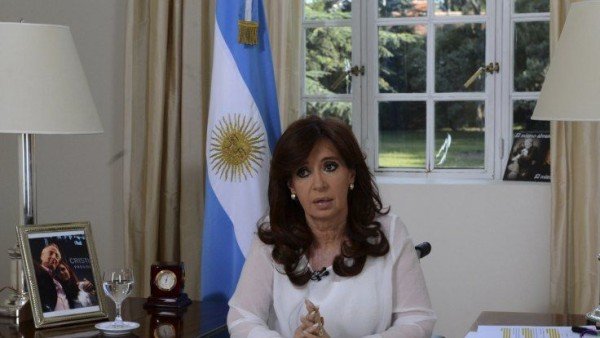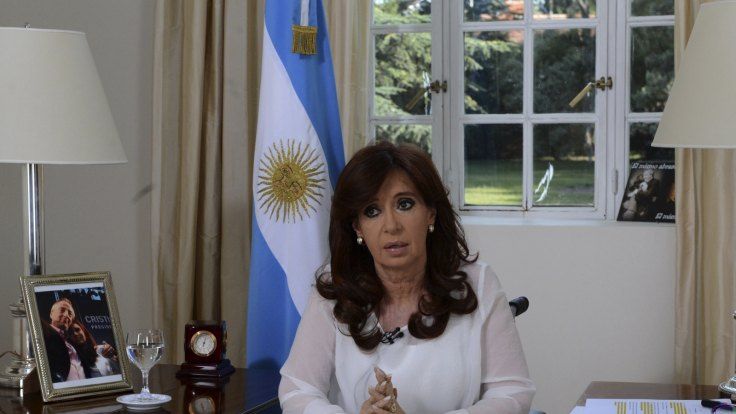Argentina’s Congress has voted to dissolve the country’s intelligence agency.
The Intelligence Secretariat will be replaced with a new federal agency that will be accountable to Congress.
The proposal was drafted last month by President Cristina Fernandez de Kirchner, following the death of special prosecutor Alberto Nisman.
Cristina Fernandez de Kirchner accused a rogue agent of feeding misleading information to Alberto Nisman, who was investigating the government.
The lower house of Congress voted 131 to 71 in favor of the bill. It had already been passed by the Senate.
During a six-hour debate, opposition lawmakers repeatedly expressed their discontent with the fact that, under the new law, oversight of all wiretaps will be moved from the intelligence services to the general attorney’s office.
They said they felt uneasy about the close ties between the government and the current general attorney.
They also said they were worried about the role army chief Cesar Milani would play in intelligence gathering under the new law.
The new agency is expected to be set up within 90 days of the bill being signed into law by President Cristina Fernandez de Kirchner.
Cristina Fernandez de Kirchner had argued a reform of Argentina’s intelligence services was overdue.
She said that the agency had kept much of the same structure it had during the military government, which ended in 1983, and needed to become more accountable.
“We need to make the intelligence services more transparent because they have not served the interests of the country,” the president said in a televised speech in January.
Kicking off the debate in the lower chamber on February 25, governing party lawmaker Diana Conti described the vote as “a fight for the democratization of the country’s intelligence services”.
She said it was time to put an end “to the perverse links between the intelligence services, the judiciary and some political sectors”.
One of the main criticisms of the SI had been a lack of control of its funding.
The new law creates “control mechanisms” to oversee the new agency’s finances, although critics said details of how these mechanisms would work were lacking.
Opposition congressman Manuel Garrido also warned that there were no safeguards to prevent the new agency from committing serious irregularities.
Manuel Garrido also said the law was a smokescreen to divert attention from the death under mysterious circumstances of federal prosecutor Alberto Nisman.
Alberto Nisman, who was 51, was found dead in his flat on January 18 with a gunshot wound to his head hours before he was due to testify to a congressional committee.
He had been investigating the bombing of the Amia Jewish centre in the capital, Buenos Aires, in 1994 which left 85 people dead.
Alberto Nisman had accused President Cristina Fernandez de Kirchner and Foreign Minister Hector Timerman of involvement in a plot to cover up Iran’s alleged role in the bombing.
Cristina Fernandez de Kirchner rejected the allegations and said a former secret agent had misled the prosecutor in order to discredit her government.
[youtube IcKLsuRiQks 650]
